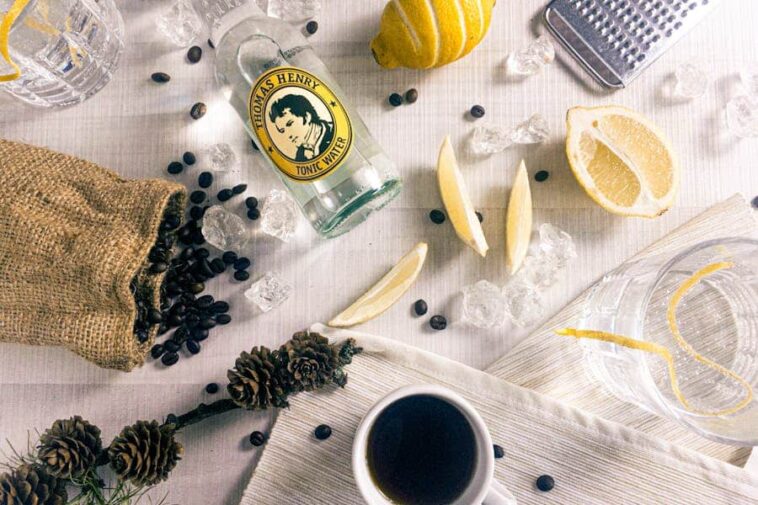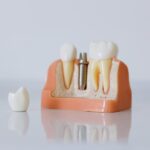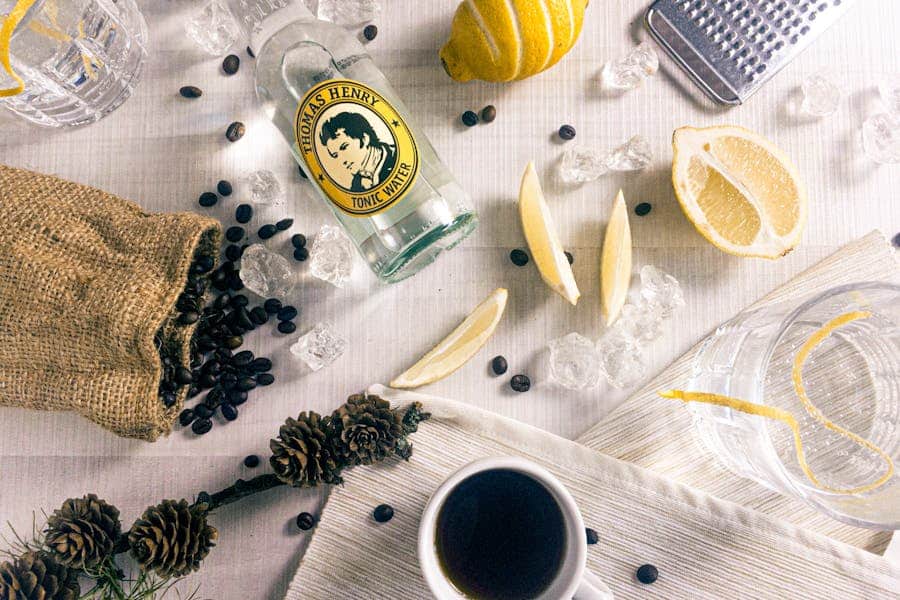Tonic water and club soda are two popular carbonated beverages often used in mixed drinks and enjoyed on their own. Despite their similarities, there are distinct differences between the two that can affect their taste, usage, and even health implications. Understanding these disparities is essential for both beverage enthusiasts and those looking to make informed dietary choices. In this article, we delve into the question: Is tonic water the same as club soda? By exploring their origins, ingredients, flavors, and practical applications, we aim to shed light on this common query and provide clarity for consumers.
Is Tonic Water The Same As Club Soda?
No, tonic water is not the same as club soda. While both are carbonated beverages, they differ significantly in their ingredients, flavor profiles, and intended uses. Tonic water contains quinine and often has a bitter taste, while club soda is plain carbonated water with added minerals for taste. Their distinct characteristics make them suitable for different purposes in beverages and culinary applications.

Overview Of Tonic Water And Club Soda
Tonic water and club soda are two popular carbonated beverages that add effervescence and depth to a wide array of drinks. Tonic water, known for its slightly bitter taste, is flavored with quinine, derived from the bark of the cinchona tree. Historically used for its medicinal properties, tonic water gained popularity as a mixer for gin during the colonial era and remains a key ingredient in cocktails like the Gin and Tonic. Its unique flavor profile adds complexity to beverages, making it a staple in mixology.
In contrast, club soda, also known as soda water or seltzer, is a plain carbonated water infused with minerals like sodium bicarbonate or potassium sulfate for taste. Unlike tonic water, club soda lacks the distinctive bitterness of quinine, making it a versatile mixer that adds fizz without altering the flavor profile significantly. It’s commonly used in cocktails, mocktails, and as a refreshing standalone beverage, offering a clean and neutral base for various drinks.
Both tonic water and club soda are widely available and serve as essential components in bar culture and home entertaining. While tonic water’s bitterness complements certain spirits and cocktails, club soda’s neutral profile allows it to enhance drinks without overpowering their flavors. Understanding the differences between these two carbonated beverages empowers enthusiasts to craft cocktails and beverages tailored to their preferences and occasions. Whether seeking complexity or simplicity, tonic water and club soda offer endless possibilities for refreshing libations.
Key Differences Between Tonic Water And Club Soda
- Ingredients: Tonic water typically contains quinine and sweeteners, contributing to its distinct bitter taste, whereas club soda is plain carbonated water with added minerals like sodium bicarbonate or potassium sulfate.
- Flavor Profile: Tonic water has a characteristic bitter taste due to quinine, while club soda is neutral or slightly salty, with a clean, refreshing flavor.
- Carbonation Levels: Tonic water is often less carbonated than club soda, providing a gentler fizziness.
- Sweetness: Tonic water is usually sweetened to balance its bitterness, whereas club soda is unsweetened, allowing its natural mineral flavors to shine.
- Culinary Applications: Tonic water is primarily used in mixed drinks like gin and tonic, whereas club soda is versatile and commonly used as a mixer or enjoyed on its own with a twist of lime or lemon.
- Health Considerations: Tonic water may contain added sugars or artificial sweeteners, while club soda is typically calorie-free and suitable for those watching their sugar intake.
Similarities Between Tonic Water And Club Soda
Similarities Between Tonic Water and Club Soda:
- Carbonation: Both tonic water and club soda are carbonated beverages, meaning they contain dissolved carbon dioxide gas, which creates bubbles and gives them their characteristic fizziness.
- Base Ingredient: Both beverages have a base of water, which is carbonated to create the effervescence.
- Mixology: Tonic water and club soda are commonly used as mixers in cocktails and mocktails, adding a refreshing element and enhancing the flavor of alcoholic and non-alcoholic drinks alike.
- Versatility: They are versatile ingredients that can be used in a variety of beverage recipes, ranging from simple spritzers to complex cocktails, allowing for creativity in drink-making.
- Availability: Both tonic water and club soda are widely available in supermarkets, convenience stores, and bars/restaurants, making them easily accessible for consumers.
- Refreshing: Both beverages are enjoyed for their refreshing qualities, whether consumed on their own over ice or as part of a mixed drink.
When To Use Tonic Water Vs. Club Soda?
When to Use Tonic Water vs. Club Soda:
1. Tonic Water: Use tonic water when you desire a slightly bitter and flavorful component in your drink, such as in a classic Gin and Tonic. Tonic water pairs well with spirits like gin, vodka, and tequila, enhancing their botanical or herbal notes. Choose tonic water when making cocktails that require a hint of sweetness and bitterness, such as a Vodka Tonic or a Tequila Tonic. Tonic water is also suitable for non-alcoholic beverages, adding depth and complexity to mocktails or refreshing spritzers.
2. Club Soda: Opt for club soda when you want a neutral and refreshing carbonated element in your drink without altering its flavor profile significantly. Club soda is ideal for diluting strong spirits or liqueurs without adding any additional flavor, making it perfect for drinks like highballs or simple mixed drinks. Use club soda to add effervescence to fruity or citrusy cocktails without overpowering their delicate flavors. Club soda can be enjoyed on its own with a squeeze of lemon or lime as a refreshing non-alcoholic beverage option. Consider your desired flavor profile, the complexity of the drink, and the base spirit when deciding between tonic water and club soda in cocktails or other beverages.
Conclusion
In conclusion, while tonic water and club soda share similarities as carbonated beverages, their distinct characteristics make them suitable for different purposes in mixology and culinary applications. Tonic water’s bitterness and flavor complexity complement spirits like gin, while club soda’s neutral profile enhances cocktails without overpowering their flavors. Understanding these differences empowers consumers to make informed choices when selecting the appropriate beverage for their desired drink or recipe, ultimately enhancing their drinking experience.
FAQ’s
Is Tonic Water The Same As Club Soda?
No, tonic water and club soda differ in ingredients, flavor profiles, and uses.
What Gives Tonic Water Its Bitter Taste?
Tonic water contains quinine, a bitter compound extracted from the bark of the cinchona tree.
Can I Substitute Club Soda For Tonic Water In A Cocktail?
Yes, but be aware that the flavor profile will change; tonic water adds bitterness while club soda is neutral.
Is Tonic Water Healthier Than Club Soda?
It depends; tonic water often contains added sugars or artificial sweeteners, while club soda is usually sugar-free.
Can I Drink Tonic Water Or Club Soda On Its Own?
Yes, both tonic water and club soda can be enjoyed as refreshing beverages, either plain or with a splash of citrus juice.





